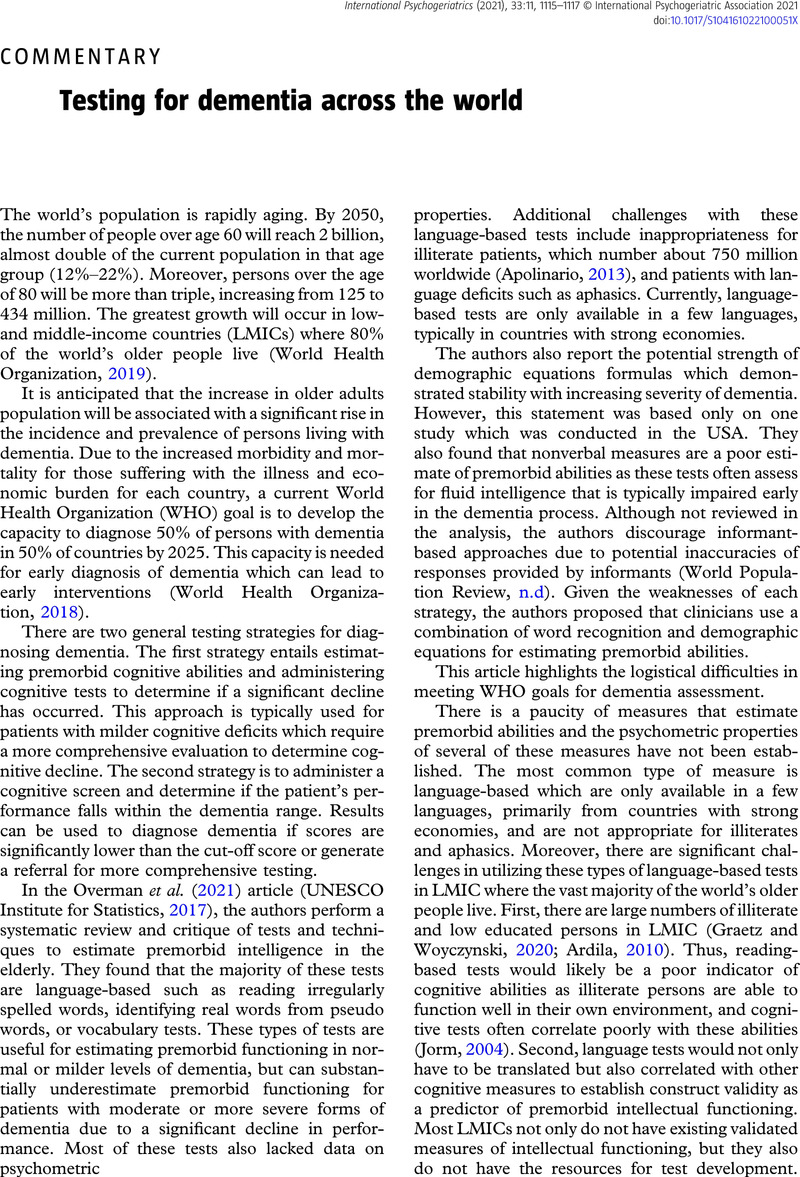Crossref Citations
This article has been cited by the following publications. This list is generated based on data provided by Crossref.
Esposito, Pasquale
and
Ismail, Nafissa
2022.
Linking Puberty and the Gut Microbiome to the Pathogenesis of Neurodegenerative Disorders.
Microorganisms,
Vol. 10,
Issue. 11,
p.
2163.



